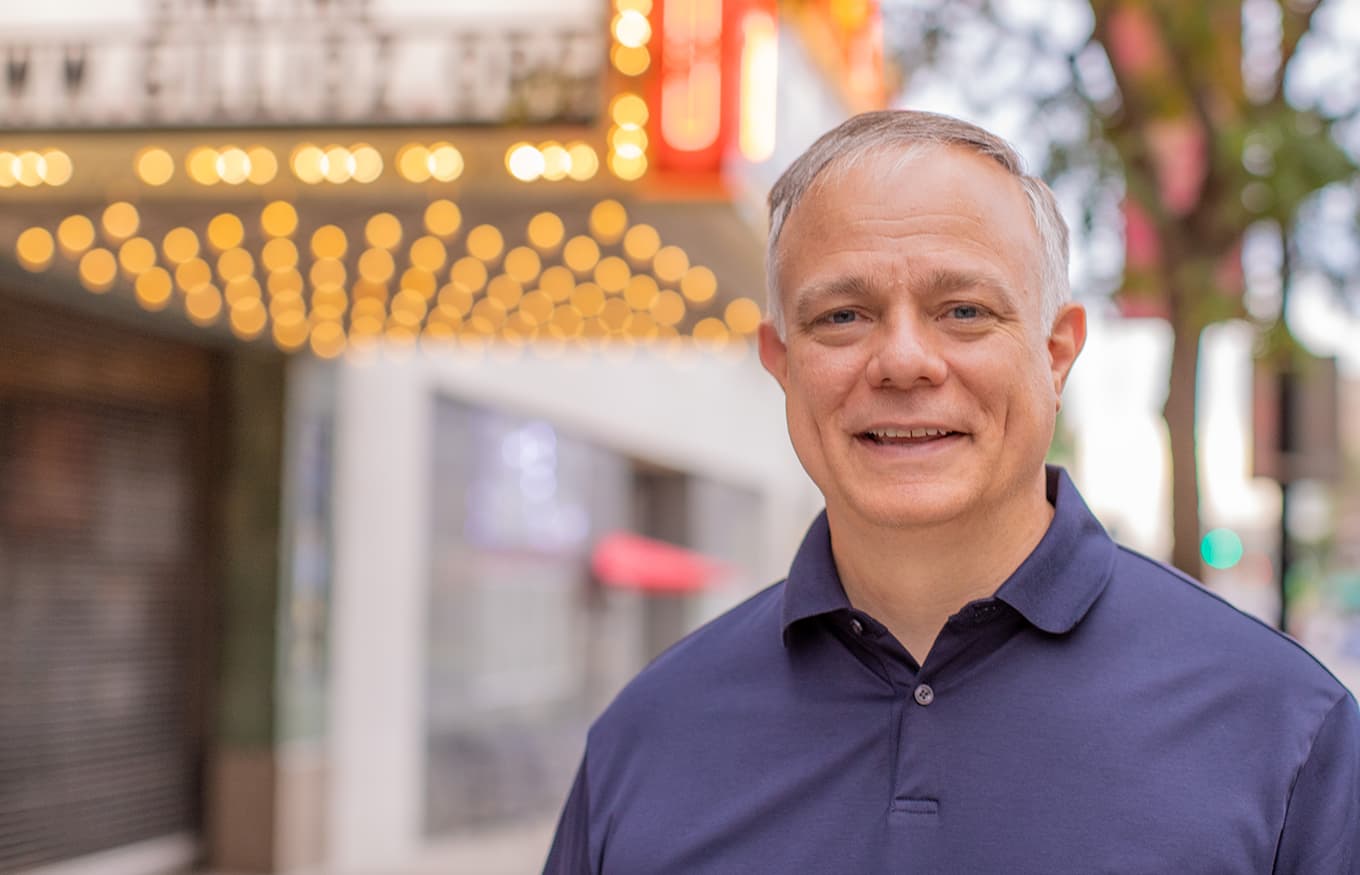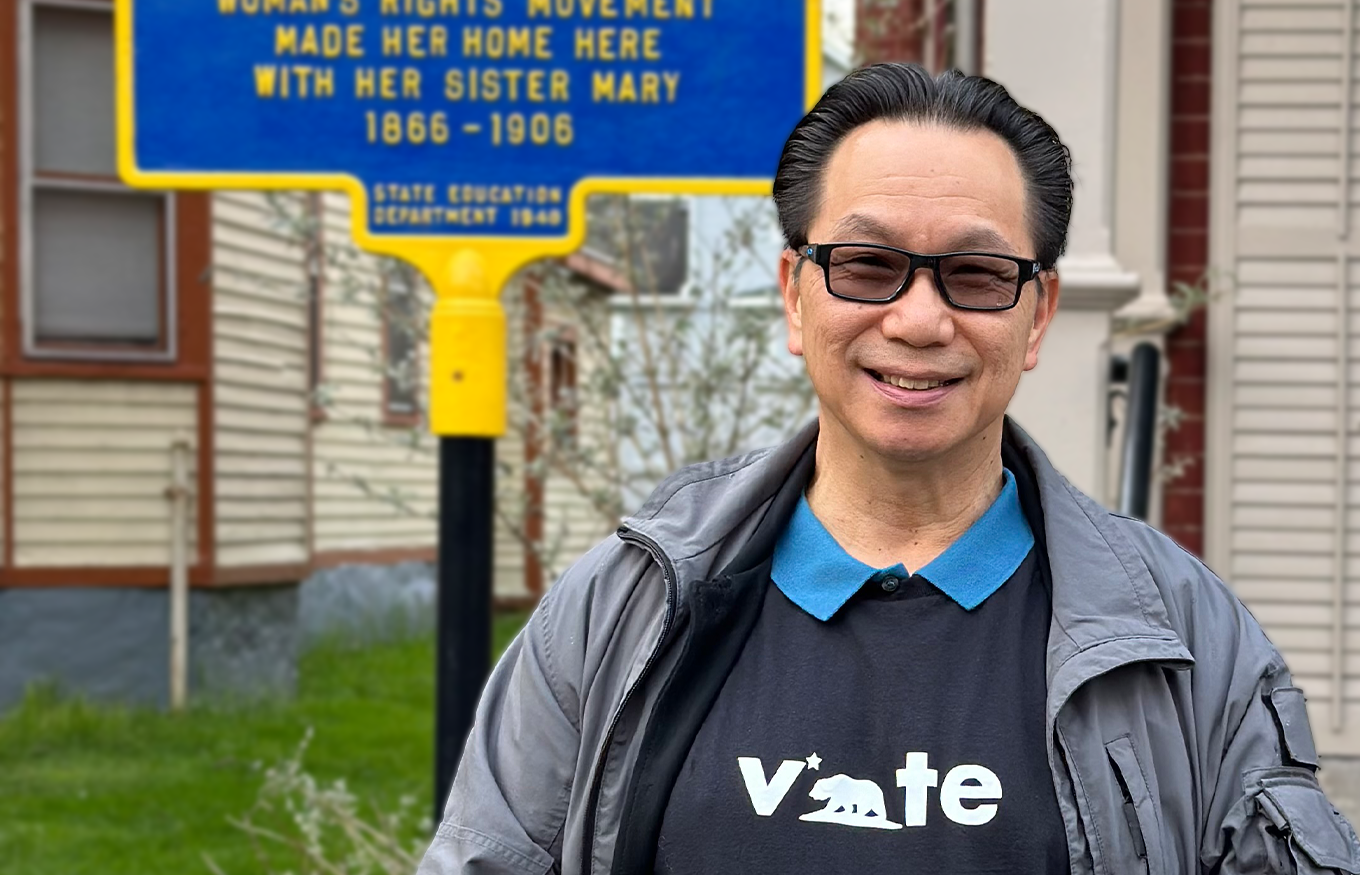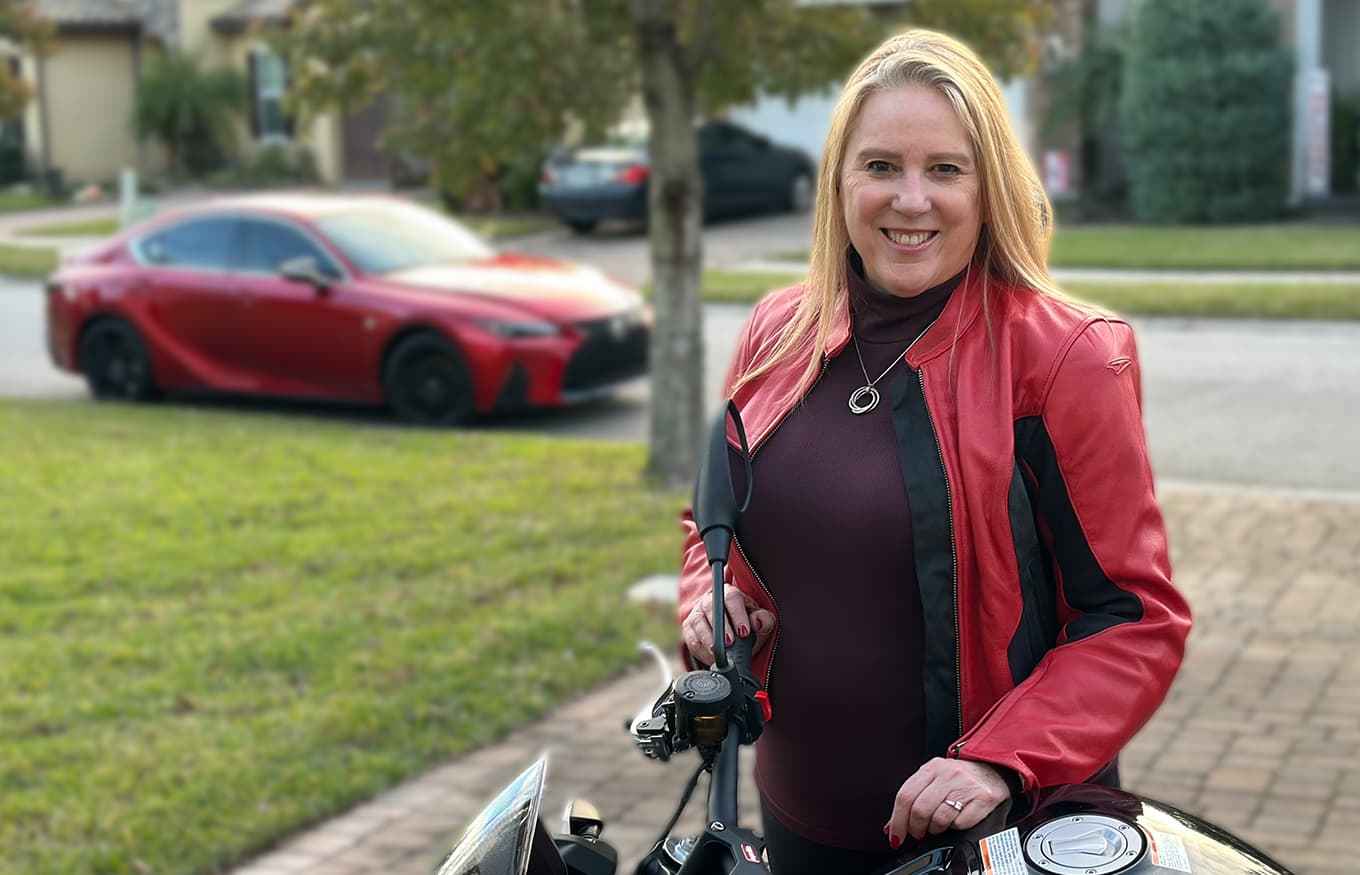Editor’s note: More than 10,000 officials across the country run U.S. elections. This interview is part of a series highlighting the election heroes who are the faces of democracy.
Shane Schoeller is the Republican county clerk for Greene County, Missouri, where he was first elected in 2014. Now in his third term, it is his privilege to continue working alongside a tremendous team of public servants who work diligently to ensure all Greene County citizens are well served in the various duties of the office. Greene County is the fourth most populous county in Missouri and is home to over two hundred thousand registered voters.
In his role as the chief election official for Greene County, Schoeller was appointed by U.S. Senator Roy Blunt (R-MO) in early 2015 to serve as a member of the advisory board of the federal Election Assistance Commission. Before serving as Greene County’s chief election official, Schoeller served in the Missouri House of Representatives from a district covering parts of northern Greene County, including the city of Springfield. He was unanimously chosen by his peers as the House’s second-ranking official in 2011 and eventually served as speaker. Schoeller was the Republican nominee for Missouri secretary of state in 2012, winning a competitive three-way primary with strong support from grassroots conservatives across Missouri.
Schoeller is a member of Issue One’s Faces of Democracy, a campaign advocating for protections for election officials and for regular, predictable, and sufficient federal funding for elections.
This interview has been edited for length and clarity.
Issue One: How did you end up in the election administration profession?
Shane Schoeller: It goes back to early 2000. Matt Blunt was elected secretary of state, and I was working for his father, Roy Blunt. He’d been the president of Southwest Baptist University when I was a student there, and so when he went to serve in Congress, he asked if I would come work for him. Matt was kind enough to hire me to be part of his team, and that was right after the 2000 election. Most voters think about the hanging chads in Florida, but we had a different challenge in that the polls in St. Louis were held open for an additional three hours the night of the election. Because of that, there were a lot of questions about the integrity of what happened during that election. The following February, Secretary Blunt put together a team to go and observe the elections in the city of St. Louis. That was really where my passion for elections began to grow, because I saw how important it is that you organize in terms of the administration of the election, and how that gives faith and confidence to voters. And so ever since, I’ve had a passion for it and really enjoy it.
Issue One: What part of the election administration story in Missouri isn’t told or widely understood enough?
Shane Schoeller: In the state of Missouri, everything is bipartisan. When people have questions about election integrity, I encourage them to be a part of this process. The statutes encourage the people to be part of the election process, no one county clerk or election authority for the election board can do that by him or herself. We have to have people involved. And that, to me, is probably one area that a lot of people don’t necessarily understand.
They meet the election judges, or some states call them poll workers, when they go in, but they don’t think about who those people are, or why they’re there. They’re people who are part of our community, they’re part of our county, and are there to make sure that every voter gets the ballot for his or her address, and all those things are critical because elections are really about we the people.
If you have questions, come be part of it. Come participate. If you see an area we can improve, we want to hear that because we want to improve all the time. That’s where I think the idea of our elections being driven by the people are critical. I know that’s common in a lot of states, but not necessarily every state has the bipartisan requirement that we have, and that’s one area that really helps us stand up differently than other states.
Issue One: Could you speak more to what the makeup of the bipartisanship looks like?
Shane Schoeller: Our supervisory judges have to be of the two major parties of the state, which, of course, are the Republican and Democratic parties. The other regular election judges can be independent or the Green Party or libertarian. They just have to be of opposite political faith for the other person. For example, when we conduct pre- and post-testing, we have bipartisan teams, one Republican, one Democrat conduct them.
Issue One: What are some of the greatest challenges to building confidence in elections in Missouri?
Shane Schoeller: Right now, it’s the national environment. When people hear stories about what’s happened in other states, or they see things on social media, there’s often an assumption that’s happening everywhere. Educating voters on what is taking place here is important. That’s really our greatest challenge here in the past number of years, is seeing what’s taking place in another state and then just assuming that’s what’s happening in our state. But a great thing about it is the states are supposed to run their elections.
Issue One: In the United States, election administration is not centralized, and every state has a different election administration system. What are some of the key features or nuances of the system in Missouri?
Shane Schoeller: I think one of the things that really has come to encompass Missouri elections, goes back to the early 1930s. During that period of time, there were a lot of issues with voter and election judge intimidation at polling locations. If you look at the way the laws have been crafted in our state, they’re very much centered upon bipartisanship and it’s supposed to be equal, and that’s why it matters.
There’s a lot of transparency involved in elections. Our Missouri State Legislature understood that you’ve got to have that bipartisanship. So not just election judges, but your parties can be involved in terms of having watchers there to make sure every vote is being counted correctly, especially when they do hand counting. That’s critical, but now you’ll see it during the absentee preparation process, making sure absentee votes are being prepared correctly before they’re tabulated. They can also stay there after the polls close, just to make sure there’s no funny business taking place. They’re there to protect the rights of the voters. If they think the rights of the voters are not being upheld, they can challenge the election official. Then the election judge can have that conversation and really determine whether or not what is being done is proper. That’s why I really love our state and how we do things. There are multiple hands involved in the process with multiple opportunities for checks to happen.
Issue One: Why do you think that voters should have trust in election processes and results, specifically in Missouri?
Shane Schoeller: When voters have access, they have confidence.
Voters should be able to watch the preparation of the election equipment, watch the pre-testing, and watch the tabulation process. They can be there after the election to make sure everything’s taking place correctly.
As you know, the 2020 election was challenging for election officials everywhere. We had a state legislative district that encompassed all of Greene County, and the vote margin came up with less than one half of 1% difference between the top two candidates. The election authority can then go back and do either a hand or machine recount. I called the candidates, called our party chairs, made the media aware, and we brought bipartisan teams together for the process. Everyone could come and be a part of it. We certified the election, there was a 76 vote difference between the top two candidates because people trusted it because they were able to be part of it. That’s why I think it’s important voters have access, and that is what helps bring trust in elections.
Issue One: Why is transparency in election administration important? How have you worked to bring more transparency to the world of election administration?
Shane Schoeller: It goes back to what I mentioned earlier about allowing people to be part of the process. I’ve invited our legislators to be part of it. When we went to purchase our new election equipment, I had about 35 members of our community that were election judges. They ranged from party representatives, students, seniors, the disability community, people from all different sectors of our county that represented different constituencies. They came and were able to see the presentation by each of the election equipment vendors that we were considering. They then got to test the equipment. They got to score the equipment right there. And then we had discussion afterward in terms of what they liked and what they didn’t like, and that really made a difference.
Then just a couple years ago, we actually updated our website and did the same process. We brought together people in the community to say, what do you like about what we’ve done? What can we do better? What do you not like? And when people are able to be part of that, I think that’s what brings more faith and confidence in terms of what’s taking place in your local election office, because they’re always welcome to be part of it. We are always looking for those opportunities to invite the community in and be a part of what we’re doing.
Issue One: In recent years, election related misconceptions, conspiracy theories, and lies have proliferated. How has this impacted your daily work?
Shane Schoeller: In our state, there was a push to get the cast vote record a couple years ago after the 2020 election. I bring that up because of the importance of protecting ballot secrecy. That year, I had been recognized as a “sunshine hero” across our state for being transparent as an office holder. It was a really interesting position to be in, because I wanted to provide such information, but I also had to recognize that the statute said to protect the secrecy of the ballot. We went to a local judge with the voter to explain the situation. Not long after this happened, a media personality went on their national internet show and came after me personally for trying to intimidate this voter by “taking them to court.”
During this period, some media reached out to me to discuss. I was happy to talk to them and tell them the reason we had to do this. But they were never interested in why we were doing it. They made the assumption that we didn’t want to share the information, but we eventually did after it got adjudicated in the court and we worked with the attorney that represented this individual. I swore an oath, I have to make sure I’m upholding the law. If the law is not clear, then we need to go to the authority that can help make it clear. In this case, it was the courts to help make that clear. That’s not the story that a lot of people heard, it became a story that we were trying to suppress the information. None of that was true.
Another example is that after the 2020 election, someone posted on social media that they were helping with the election in Greene County and threw away ballots for a particular presidential candidate. We had to go to the media and let them know that it was a bogus account. If you don’t quickly act when a claim of such false nature gets put out, that can quickly become a story on its own. We’ve had to work to make sure people understand the law versus what you’ve read through social media stories.
Issue One: Many people are surprised to learn that the federal government doesn’t routinely fund the cost of running elections. Why do you think that the federal government should routinely fund election administration?
Shane Schoeller: In order to have well run elections, you have to have the funding to be able to do that. Traditionally in our state, the county covers the entire cost of federal elections. It wasn’t until just a few years ago that we worked as an election authority organization to get the state to begin to pay its share of the election costs. That empowers the election authority to have a better election, especially for our small counties. A lot of small counties don’t have a lot of resources, and are literally running their elections on a shoestring budget. If every entity that has something on the ballot pays their fair share, you have a better chance of a well run election.
Issue One: Could you speak to the dynamic of offices in Missouri that may not have full time staff?
Shane Schoeller: We’ve got one county that is not full time throughout the year up in north Missouri. Most jurisdictions will have a full time county clerk and maybe one or two people to work with them. What a lot of people need to understand is elections are a small part of what they do, because county clerks, at least here in our state, they’re very administrative in the role. They’re overseeing accounts payable, receivable, HR duties, payroll duties, and others.
Elections do take up a greater part of what I do, because of our population base, but in a smaller county, that’s not always going to be the case. And so the amount of time and attention they can give varies a lot of times. For example, when it comes to voter registration maintenance, smaller county clerks may not have a lot of time to do that, because they’re doing everything they can to do all the other administrative duties that are part of the office in addition to elections. If they have better funding, then they can have more people in their office to be able to do it and do it well.
Issue One: Given some of the challenges, what inspires you to stay in this line of work?
Shane Schoeller: Ever since I was young, I felt a call into public service and I think that has encouraged me. There have been times in the past handful of years where it has been discouraging to be an election official because you’re doing everything you can, yet you have some people who aren’t going to have faith and trust, and you know, that’s okay. They don’t have to trust what we’re doing. That doesn’t mean it doesn’t discourage you when you’re trying to do your job on some days when people have that mindset. I think feeling called to what I do in terms of who I am, and my faith as a Christian.
I’m a firm believer that when people have faith in elections, it’s the foundation of trust in government, not agreement, but the foundation and trust at a minimum, that the people there were duly elected. Officials were elected with honesty and integrity, and then that’s when the public can have confidence in the government, but if the public doesn’t have confidence that the election was run with the fairest integrity, they’re not going to have to get confidence in what takes place in the government. Even if the public agrees with what’s taking place, they’re going to have a lack of faith. We just do not want that to happen, whether it’s a local election, state, or federal election.
Issue One: Outside of being passionate about running safe and secure elections, what are some of your hobbies? Or what is a fun fact that people might not know about you?
Shane Schoeller: I love college football. I love watching the Mizzou Tigers play and Notre Dame. I also love professional football. Of course, being here in Missouri makes me a Kansas City Chiefs fan. We finally have had some really good football and I like to watch Patrick Mahomes and his team play. That’s probably my passion, and that goes back to high school. I love the sport. I love being able to watch it and just enjoy the games, win or lose.






